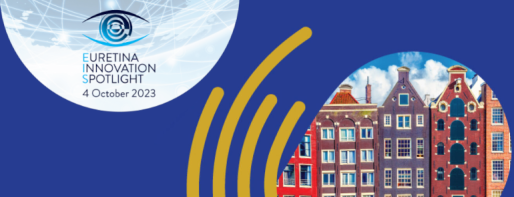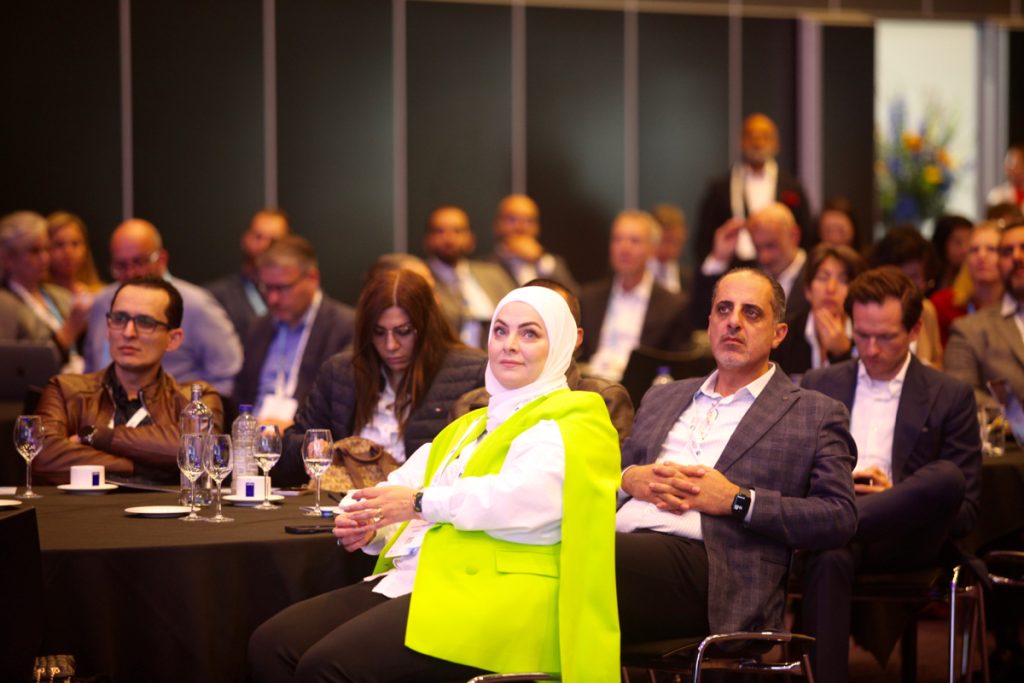Retina specialists who have innovative ideas for new therapies and devices heard encouraging words from panellists participating in the “Investing in Retina” session at the EURETINA Innovation Spotlight.
Representing European- and US-based venture capital firms that provide financing for research and development of entities that may be just a new idea emanating from an “AHA” moment of discovery or at different places in a company life cycle, the three panelists stated unanimously that investment in retina will increase in the next decade.
“There is clear momentum in the retina space and a lot of room for innovation,” said Anta Gkelou (Sofinnova Partners), noting that the momentum is being driven by the number of unmet needs, host of possible indications, and the different types of technologies that can be pursued.
Anupam Dalal (Acuta Capital Partners) observed that investment in retina will increase because there is so much left to be done, but also because there is a commercial model proving that it works.
“Retina is one of the places where we have seen everything come together. We know how to get products approved and how to commercialise them, and in retina there is a community of clinicians willing to adopt new therapies. So, there is the perfect storm of where innovation can succeed.”
Leading off the session, co-moderator Dr Kouros Rezaei, noted that it can take a leap of faith for investors to be willing to support a new idea. As a follow-up he asked about algorithms used to guide investment decisions. The panellists’ answers showed a focus on having good science underlying the novel approach if it is at a very early stage of development. When looking at entities with first in-human experience, the focus can turn to the availability of anatomical evidence of efficacy. However, there is not a requirement for having perfect data, because the data are often not perfect, said Mr Dalal.
“If you have great scientific story, there is a path forward,” he said.
The panellists also underscored that their firms offer hands on support and not just funding.
Edward Van Wezel (Biogeneration Ventures), who represented a firm focusing on early-stage development, company building and creation, said, “We work with academic founders to build these companies, bring in the right expertise, and take the company forward.”
Panellists cautioned innovators about the importance of having intellectual property (IP) protection as a foundation for developing an idea for commercialisation and noted that their firms will provide any necessary assistance in that area.
Addressing concerns
Retina specialists in academics were reassured that they do not have to leave their tenured position to spinout a company because the investment firm will help to build the necessary team. In addition, innovators were advised not to feel daunted by perceived barriers, which may simply be logistics.
“If you think you have a great idea, remember that our door is always open for having a discussion.” said Mr Van Wezel.
Echoing his thought, Ms Gkelou said, “If you have something in your hands, you shouldn’t worry. Investors are happy to help.”
View the EIS photo gallery here


